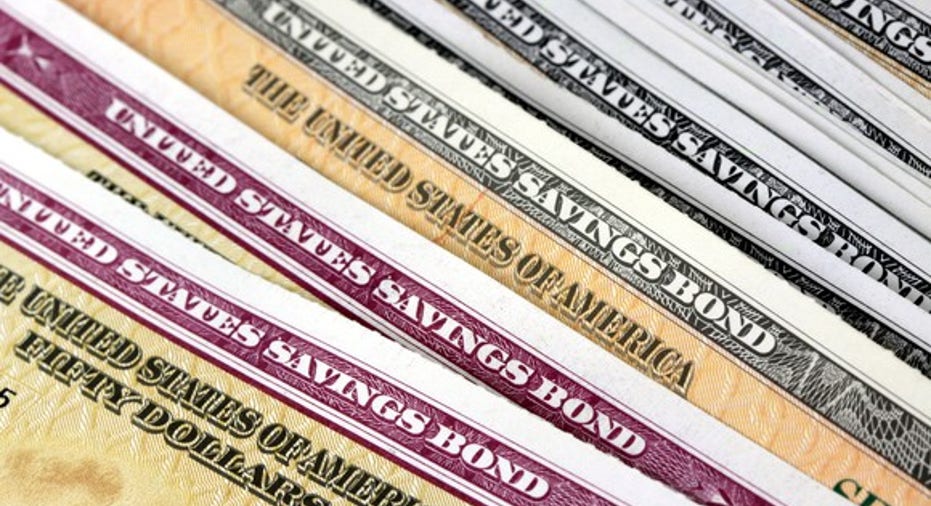What Is a Convertible Bond?

Convertible bonds offer advantages that savings bonds and other Treasury obligations can't. Image source: Getty Images.
Few investors look closely at convertible bonds, but these investments can be ideal for those looking for a combination of reliable income and potential capital appreciation. Convertible bonds are fixed-income debt securities that companies issue to raise capital, and they pay interest at regular intervals. What sets convertible bonds apart from most debt securities is that the owner can convert their bond holdings into a certain number of shares of common stock of the issuing company. That feature gives convertible bonds much greater upside than regular bonds, and for that reason, most investors treat convertible bonds as a hybrid between a fixed-income investment and a stock investment.
The best of both worlds
In some ways, convertible bonds offer investors the best of both worlds. The price of convertible bonds is tied to their two very different markets. The bond component of the convertible bond responds to changes in credit quality and interest rates. The stock component rises and falls along with the share price of the company's common stock.
Whether a convertible bond acts more like a bond or a stock depends on how the share price of the common stock relates to the conversion price stated in the bond. For instance, if a $1,000 bond is convertible into 50 shares of common stock, then the conversion price is $1,000 divided by 50, or $20 per share. If the share price is well below $20, then the conversion feature of the convertible bond isn't very valuable, and so the security acts more like a bond. If the stock climbs well above $20, then the stock aspect of the convertible bond is its primary value, and so the convertible bond will move more in line with the stock.
How to invest in convertible bonds
The challenge with convertible bonds is that they aren't as readily available as common stock. Most brokerage companies allow investors to trade bonds, but the markets aren't as liquid for individual investors as the stock market is. Moreover, not every company offers convertible bonds, and so you might not find a bond that has the features that you want.
Many investors use mutual funds or exchange-traded funds to invest in convertible bonds. The diversification that a fund offers can give you greater safety, although it comes at the price of not being able to pick and choose the individual companies issuing the convertible bonds.
Many investors never choose to look more closely at convertible bonds because of the difficulties in finding and buying them. Yet those who expend the extra effort can get access to a unique type of investment that can have exactly the features that many investors want for their portfolios.
This article is part of The Motley Fool's Knowledge Center, which was created based on the collected wisdom of a fantastic community of investors. We'd love to hear your questions, thoughts, and opinions on the Knowledge Center in general or this page in particular. Your input will help us help the world invest, better! Email us atknowledgecenter@fool.com. Thanks -- and Fool on!
The article What Is a Convertible Bond? originally appeared on Fool.com.
Try any of our Foolish newsletter services free for 30 days. We Fools may not all hold the same opinions, but we all believe that considering a diverse range of insights makes us better investors. The Motley Fool has a disclosure policy.
Copyright 1995 - 2016 The Motley Fool, LLC. All rights reserved. The Motley Fool has a disclosure policy.



















